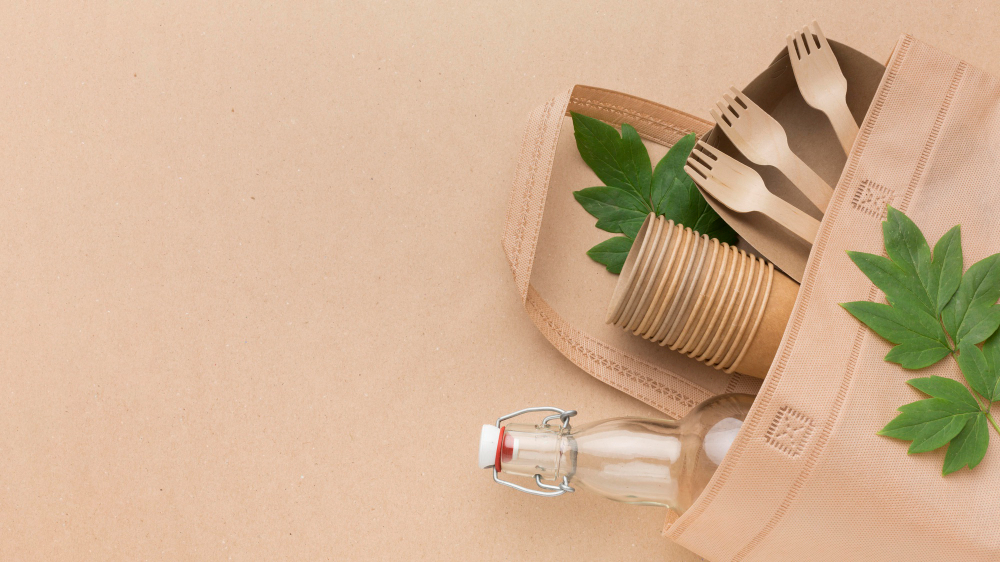Biodegradable products are revolutionizing sustainable manufacturing by offering environmentally responsible alternatives to traditional materials. Unlike conventional plastics, which persist in landfills and oceans for centuries, biodegradable products, such as those made from cornstarch, bamboo, or sugarcane, naturally decompose into non-toxic components. This shift toward eco-friendly packaging reduces the environmental burden of waste and aligns with growing consumer demand for sustainable solutions. By integrating biodegradable materials into production, manufacturers can significantly lower their carbon footprint while meeting stringent global regulations aimed at combating pollution.
Sustainable packaging is at the forefront of this transformation, with biodegradable materials driving innovation across industries. From food containers to retail packaging, eco-friendly packaging made from renewable resources ensures functionality without compromising environmental integrity. These materials often require less energy to produce and can be composted, supporting a circular economy where waste is minimized. As technology advances, biodegradable products are becoming more durable and cost-competitive, making them a viable choice for large-scale manufacturing and encouraging widespread adoption.
The future of sustainable manufacturing hinges on the scalability of eco-friendly packaging and biodegradable products. Advances in material science are enabling the development of high-performance biodegradable alternatives that rival traditional materials in strength and versatility. Coupled with increasing investments in recycling and composting infrastructure, these innovations position biodegradable materials as a cornerstone of sustainable manufacturing. By prioritizing these solutions, industries can reduce environmental harm, meet consumer expectations, and pave the way for a greener, more sustainable future.

